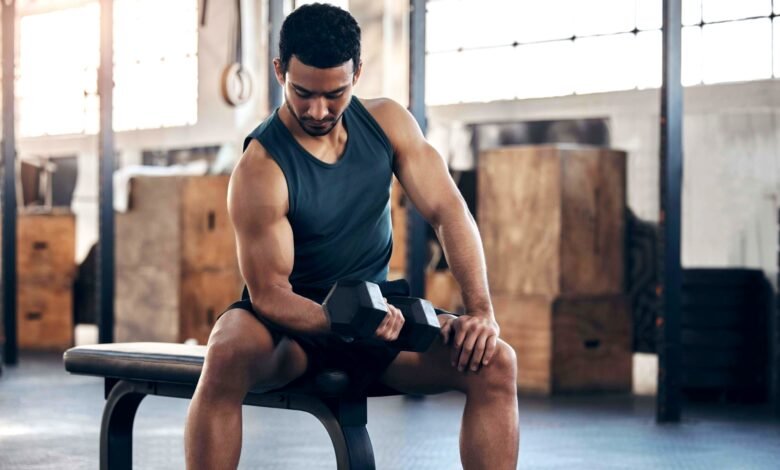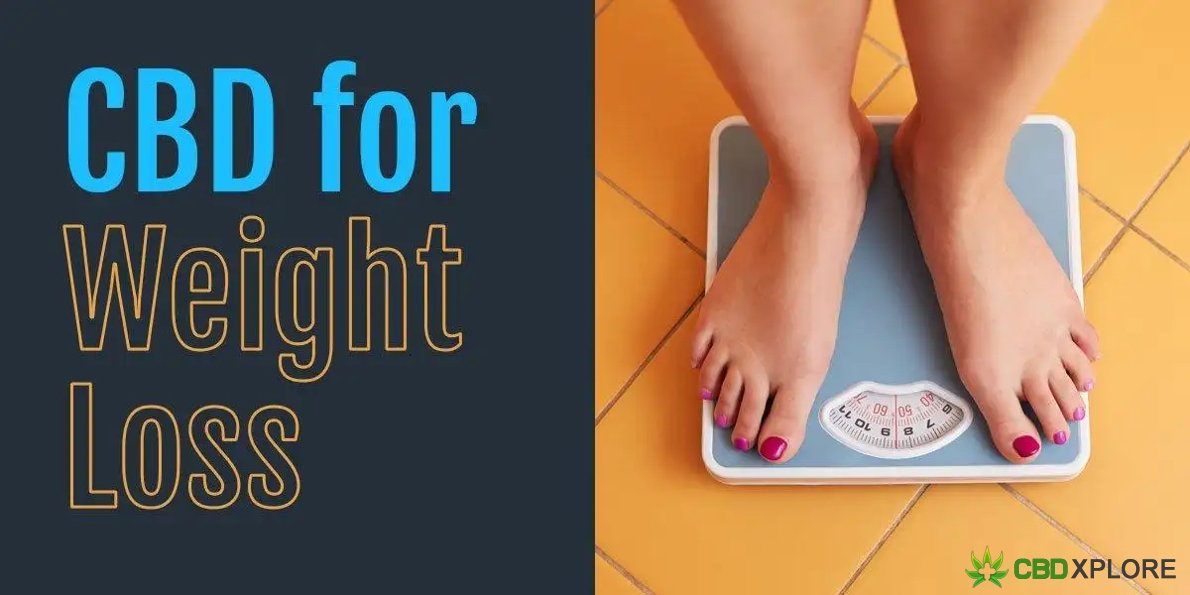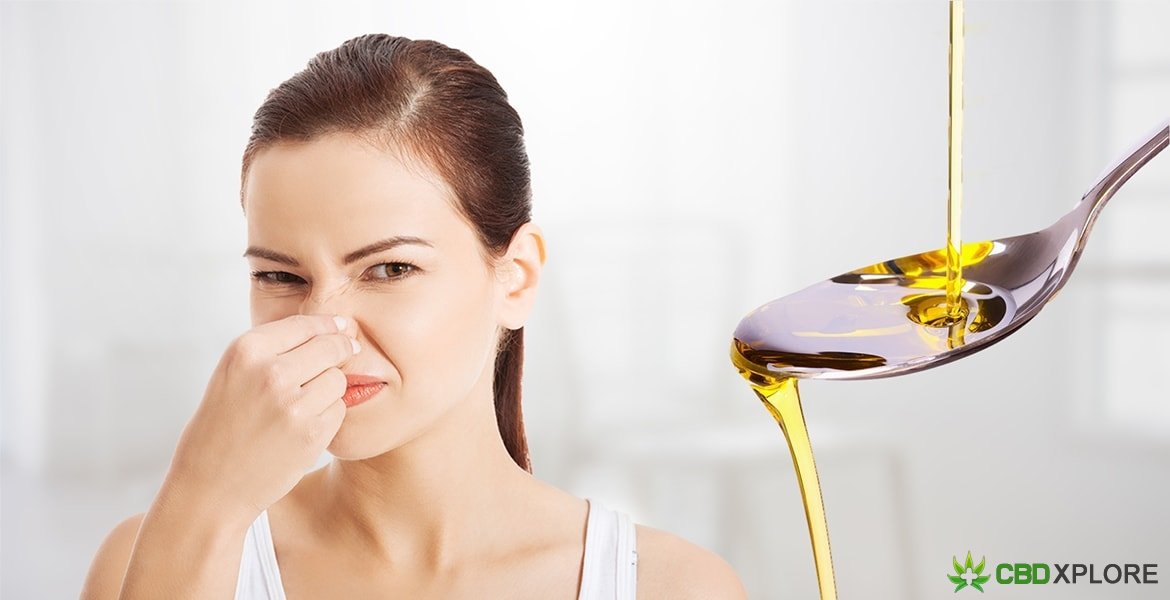Can CBD Improve Athletic Performance? What the Studies Show
In this article, we will explore that can CBD improve athletic performance? And what the science says about CBD and its potential role in athletic performance

In recent years, CBD (cannabidiol) has become a buzzword in the health and wellness industry, especially among athletes. With the growing trend of using natural supplements to enhance physical endurance and recovery, many wonder: Can CBD improve athletic performance? Emerging research and anecdotal evidence suggest that CBD may offer benefits for athletes, from reducing inflammation to improving sleep and recovery. In this article, we will explore what the science says about CBD and its potential role in athletic performance enhancement.
Explore the Contents
- 1 What is CBD?
- 2 How CBD Interacts with the Body to Affect Performance
- 3 CBD and Sleep Quality
- 4 CBD for Stress and Anxiety Reduction
- 5 CBD and Cardiovascular Health
- 6 Does CBD Directly Enhance Physical Performance?
- 7 What Do Athletes and Experts Say?
- 8 Potential Side Effects of CBD for Athletes
- 9 Choosing the Right CBD Product
- 10 What the Latest Research Says
- 11 Conclusion: Can CBD Improve Athletic Performance?
What is CBD?
CBD is one of over 100 cannabinoids found in the cannabis plant. Unlike its cousin THC (tetrahydrocannabinol), CBD does not produce psychoactive effects, meaning it won’t make you feel “high.” Instead, CBD interacts with the body’s endocannabinoid system (ECS), which regulates functions such as pain perception, immune response, sleep, and mood. Athletes are increasingly turning to CBD products—such as oils, capsules, creams, and edibles—as part of their training and recovery regimens.
How CBD Interacts with the Body to Affect Performance
To understand how CBD improve athletic performance, we must first look at how it interacts with the body. The endocannabinoid system plays a critical role in maintaining homeostasis, or internal balance, especially when under physical stress. By influencing receptors like CB1 and CB2, CBD can modulate processes such as inflammation, pain, and stress response.
CBD and Inflammation
One of the most well-studied benefits of CBD is its anti-inflammatory properties. After intense workouts, athletes often experience muscle soreness due to micro-tears in muscle fibers, triggering an inflammatory response. Studies published in journals like Free Radical Biology & Medicine suggest that CBD may reduce oxidative stress and inflammation by decreasing pro-inflammatory cytokines.
Reduced inflammation means faster recovery times and less discomfort, enabling athletes to stick to their training schedules more effectively. This is especially beneficial for endurance athletes, bodybuilders, and those engaged in high-impact sports.
CBD for Pain Management
Pain is a common barrier to athletic performance, whether it’s acute pain from injuries or chronic conditions like tendonitis or arthritis. A 2018 review in Frontiers in Pharmacology indicated that CBD may alleviate chronic and acute pain by interacting with ECS receptors and reducing pain signals.
For athletes, this means potentially relying less on nonsteroidal anti-inflammatory drugs (NSAIDs) or opioids, both of which come with side effects such as gastrointestinal issues or addiction risks.
CBD for Muscle Recovery
Beyond inflammation and pain, muscle recovery is a critical component of athletic performance. Can CBD improve athletic performance by accelerating recovery? Research suggests it might. CBD’s role in regulating cortisol, a stress hormone that can break down muscle tissue, could lead to improved muscle preservation.
Additionally, CBD’s calming effects might reduce stress-induced muscle tension, allowing muscles to relax and heal more effectively post-exercise.
CBD and Sleep Quality
Sleep is an often overlooked but vital element of athletic performance. High-quality sleep is when most muscle repair and growth occur. CBD may improve sleep quality by addressing factors such as anxiety, pain, and insomnia.
A 2019 study in The Permanente Journal found that CBD may significantly improve sleep scores in individuals struggling with anxiety or poor sleep. For athletes, better sleep equates to better cognitive function, reaction times, and physical recovery, which directly impact performance outcomes.
CBD for Stress and Anxiety Reduction
Competitive sports can be mentally demanding, leading to performance anxiety and heightened stress levels. CBD has shown promise in reducing symptoms of anxiety and stress, according to a 2015 review in Neurotherapeutics.
Athletes who experience pre-competition nerves or performance anxiety may benefit from CBD’s anxiolytic (anti-anxiety) effects. A calmer, more focused mindset can significantly improve performance, decision-making, and stamina under pressure.
CBD and Cardiovascular Health
Emerging evidence also suggests that CBD may support cardiovascular health, which is crucial for endurance athletes. CBD may help reduce blood pressure and improve circulation, contributing to better oxygen delivery during exercise. While more human trials are needed, preliminary studies, like those in the Journal of Clinical Investigation, found that a single dose of CBD could reduce resting blood pressure.
Better cardiovascular health leads to improved stamina, endurance, and overall physical performance, making CBD an attractive supplement for long-distance runners, cyclists, and swimmers.
Does CBD Directly Enhance Physical Performance?
While CBD supports various physiological processes that are critical for performance—such as reducing pain, inflammation, and anxiety—it’s important to clarify that CBD is not a stimulant like caffeine or pre-workout supplements. CBD does not directly increase muscle mass or boost energy levels but rather optimizes the body’s recovery and resilience, allowing athletes to perform at their best consistently.
So, can CBD improve athletic performance directly? Not in the traditional sense. However, by enhancing recovery, reducing downtime due to injury, and promoting mental well-being, CBD may indirectly boost overall performance.
What Do Athletes and Experts Say?
Many professional athletes have started to endorse and incorporate CBD into their routines. High-profile athletes, including MMA fighters, NFL players, and Olympic competitors, have shared how CBD helps them manage post-training soreness, improve sleep quality, and maintain a sense of calm under competitive pressure.
Additionally, organizations like the World Anti-Doping Agency (WADA) have removed CBD from their list of prohibited substances, recognizing its growing popularity and potential benefits in sports.
Potential Side Effects of CBD for Athletes
While CBD is generally considered safe, athletes should be aware of potential side effects, including:
- Dry mouth
- Drowsiness (especially at higher doses)
- Mild gastrointestinal discomfort
- Possible interactions with medications like blood thinners
Additionally, not all CBD products are created equal. Athletes should opt for broad-spectrum or isolate CBD products that are THC-free, especially if they are subject to regular drug testing.
Choosing the Right CBD Product
When considering CBD to improve athletic performance, selecting the right product is key. Some options include:
- CBD oils and tinctures: Fast-acting and easy to dose.
- CBD capsules: Convenient for daily supplementation.
- CBD creams and balms: Target localized pain and inflammation.
- CBD gummies or edibles: A tasty alternative with longer-lasting effects.
Look for third-party lab-tested products to ensure purity, potency, and safety.
What the Latest Research Says
While more human studies are needed to make definitive claims, current research points to CBD’s potential as a recovery and wellness aid for athletes. For example:
- A study published in Sports Medicine – Open (2020) highlighted the potential of CBD to reduce inflammation, improve sleep, and alleviate anxiety in athletic populations.
- Another review in Cannabis and Cannabinoid Research (2019) suggested CBD may have a protective effect on neurons and muscles during intense physical activity, which could be particularly beneficial for endurance athletes.
Conclusion: Can CBD Improve Athletic Performance?
In summary, while CBD may not directly increase muscle power or speed, it can play a pivotal role in the factors that influence athletic performance, such as pain management, inflammation reduction, muscle recovery, stress relief, and sleep improvement.
For athletes seeking a natural and holistic supplement to complement their training regimen, CBD could be a game-changer. However, it’s essential to consult with a healthcare provider before adding CBD to your routine, especially if you are on other medications or have underlying health conditions.
As research continues to grow, so does the potential for CBD to become a staple in sports wellness. So next time you wonder, “Can CBD improve athletic performance?“—the answer is increasingly leaning toward yes, especially as part of a well-rounded recovery and mental well-being strategy.





